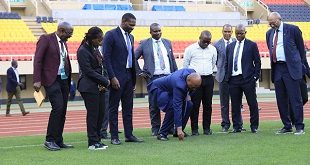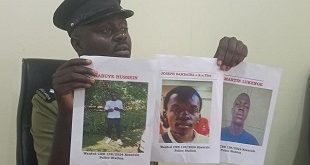
Kampala, Uganda | THE INDEPENDENT | Families of missing persons from the Kiteezi landfill tragedy have lost hope after more than a month of search efforts. One such person is Kato Hussein, who lost his wife, daughter, and a neighbor’s child in the incident. Although he was able to recover the bodies of his wife and the neighbor’s child, his daughter’s body remains missing.
Kato recounts how he had left home early in the morning after prayers, only to receive a call at work about the disaster. Despite directing search teams and excavator operators to likely spots, no sign of his daughter has been found. Kato says he has lost hope, as search efforts have stopped, and the excavators have been reassigned to other tasks around the landfill.
Frank Kayonga, a scrap dealer, also suffered a devastating loss. On the day of the tragedy, he and his wife, Phiona Kemigabo, were conducting business as usual at the landfill when the disaster struck, burying his wife under the debris.
Her body has not been recovered, and Kayonga is left grappling with financial strain, including a one-million-shilling loan from Pride Microfinance that requires weekly payments. With his income source gone, he now faces constant calls from the bank while struggling to care for his six children, including a nine-month-old baby.
Achilles Kiwanuka, a grader operator at Kiteezi, lost his wife, Annet Namukasa, in the disaster. Her body remains unrecovered, and Kiwanuka faces a significant financial challenge. He and his wife had taken out a six-million-shilling loan to pay her workers at the landfill, and now, without her, he is at risk of losing their land, which was staked as collateral. He has been unable to obtain the necessary documentation from the police to close the loan and save their land.
The Kiteezi landfill tragedy claimed 34 lives, and several people remain missing. Families are feeling overlooked and unsupported, especially those who worked at the landfill. Relief efforts from the government have focused mainly on people with permanent homes, leaving workers and their families in desperate need of assistance. As the search ends, these families are left to deal with both their grief and financial hardship.
***
URN
 The Independent Uganda: You get the Truth we Pay the Price
The Independent Uganda: You get the Truth we Pay the Price


